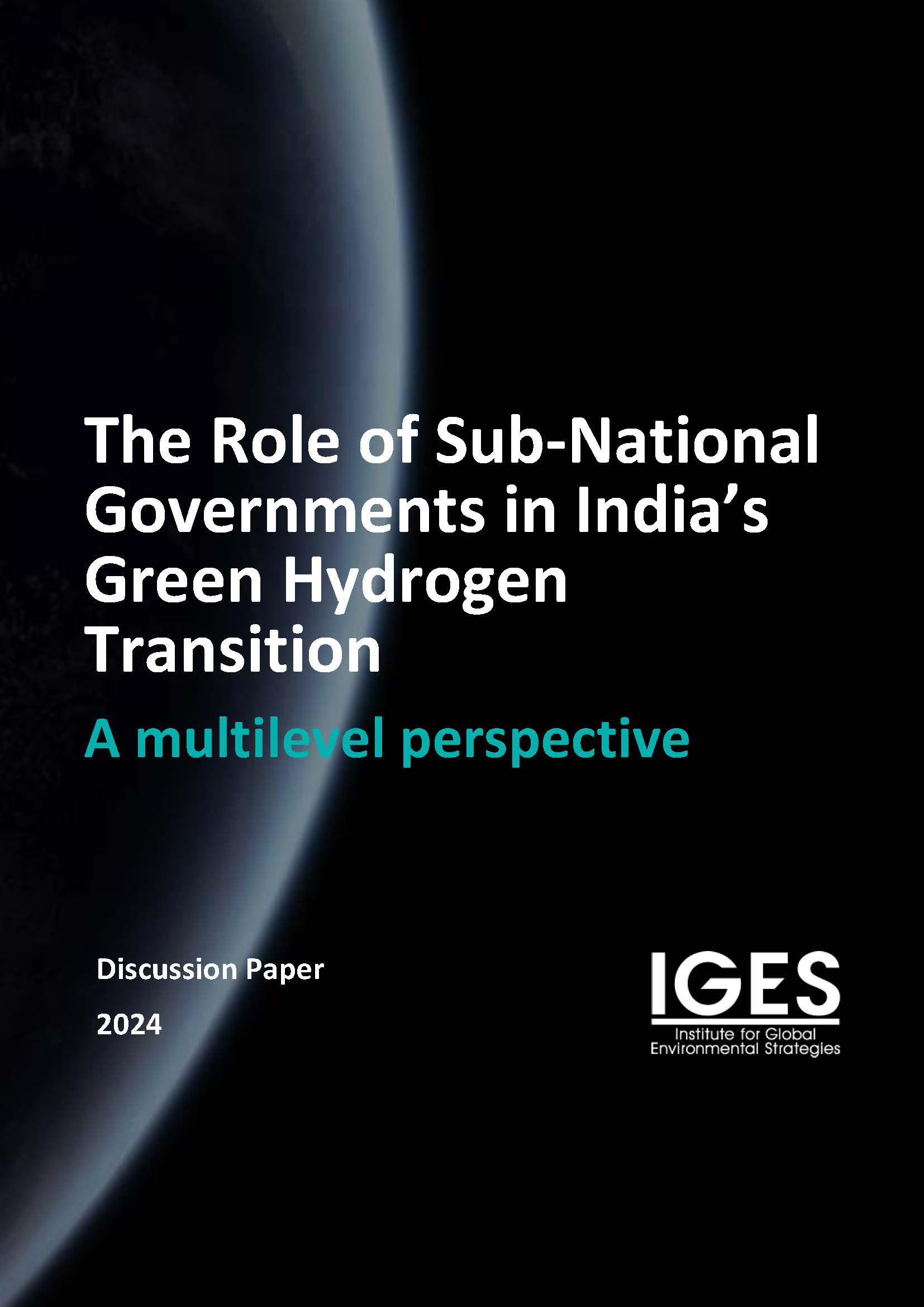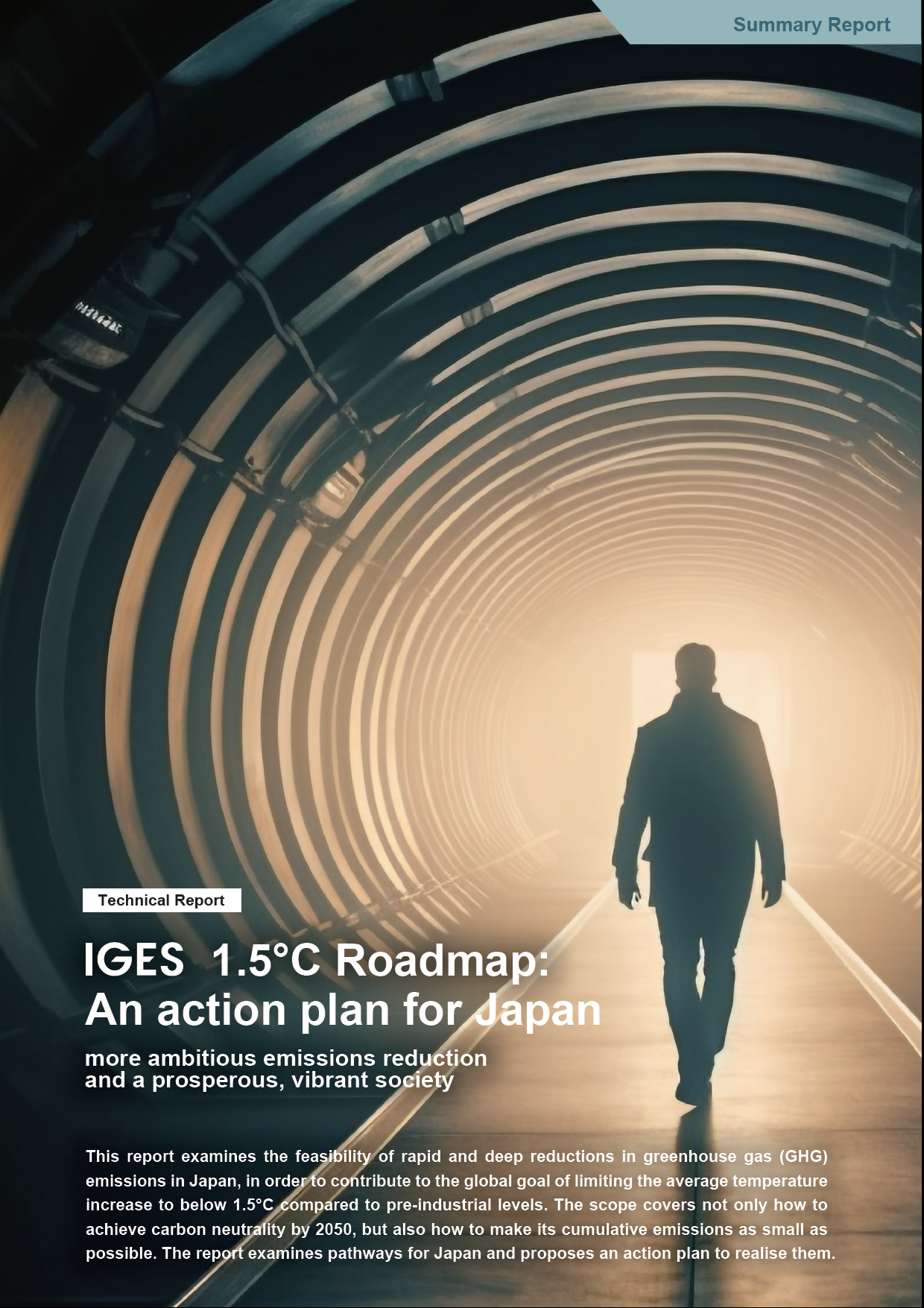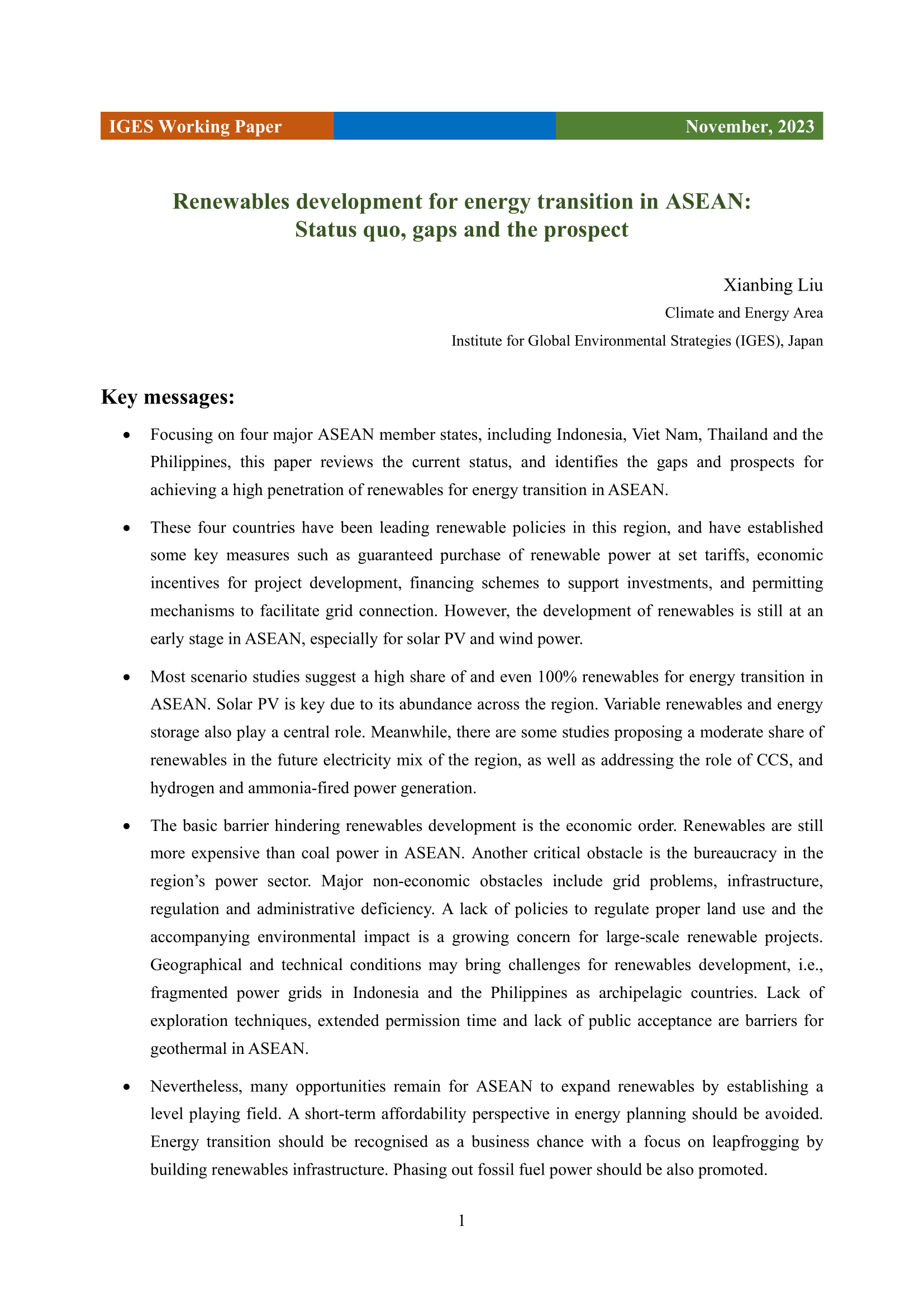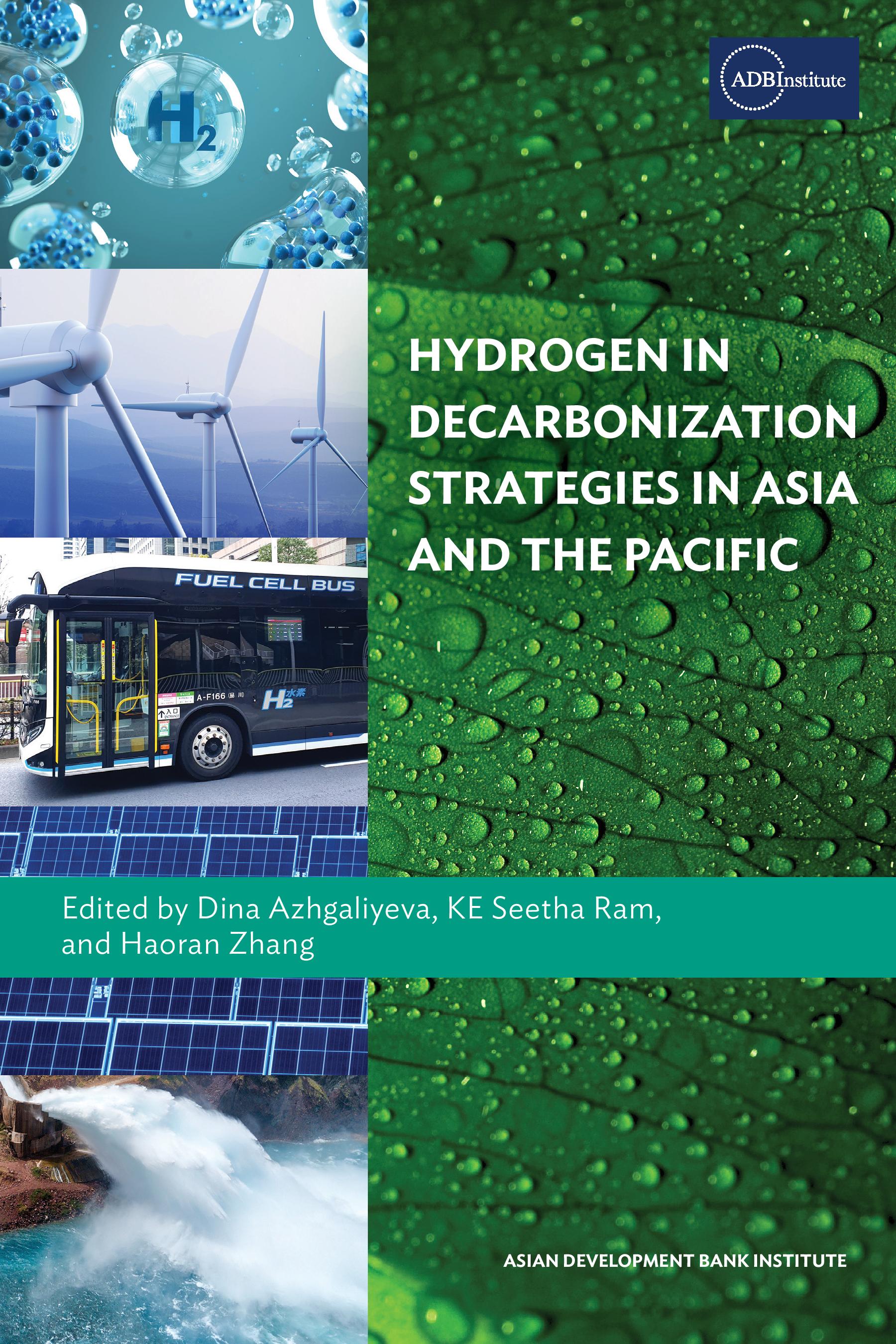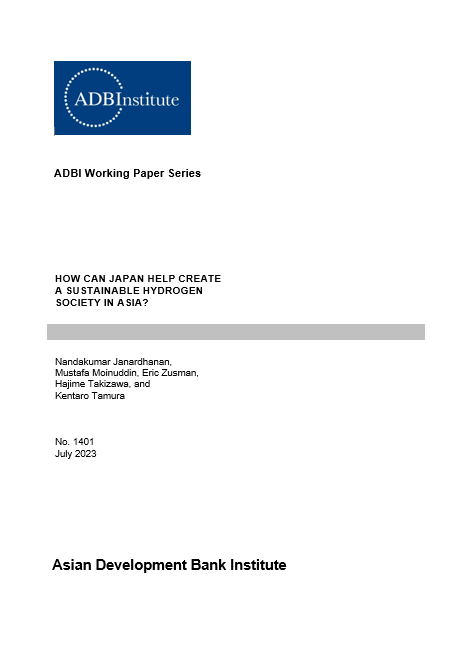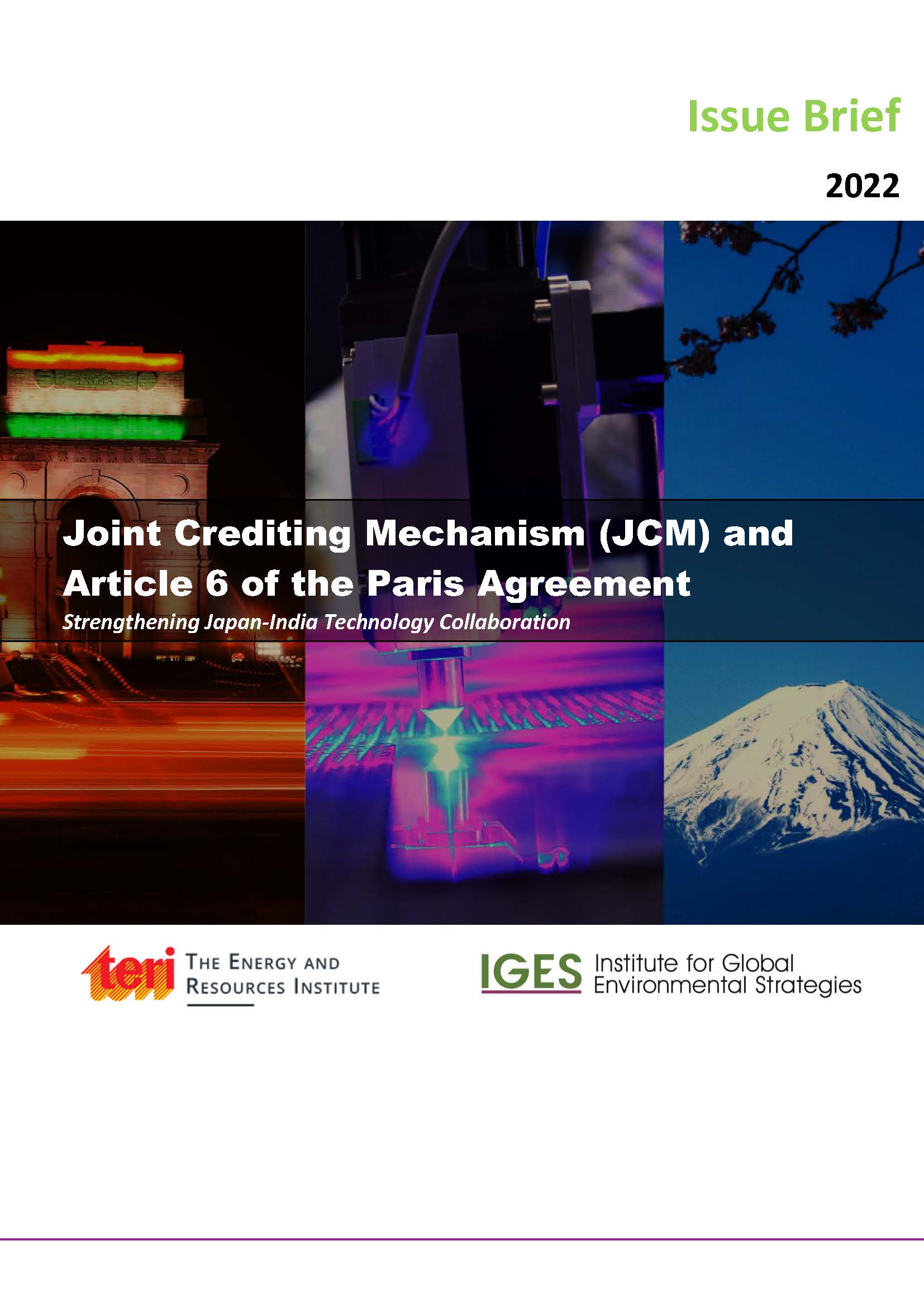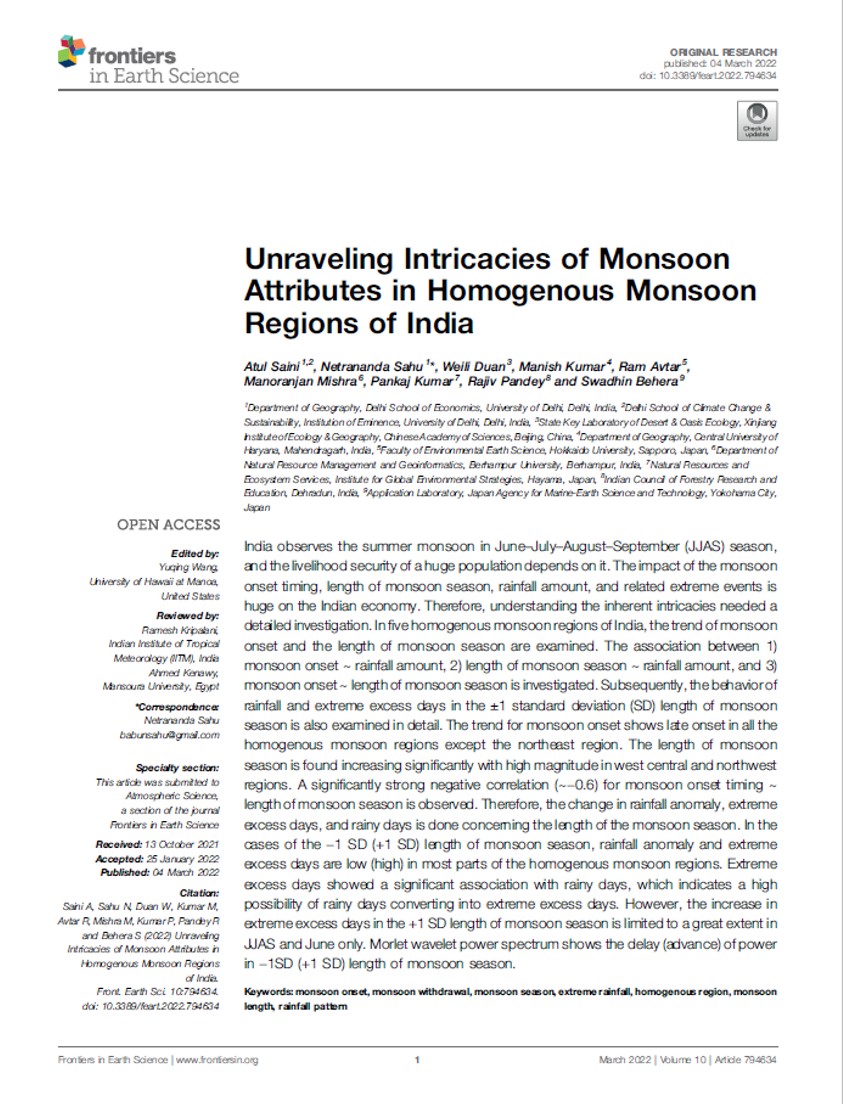India’s national government has offered strong support for the development of green hydrogen as part of the clean energy transition. However, much of the actual progress in this transition will depend on subnational governments. This paper argues India’s subnational governments have significant potential to capitalise on diverse natural resource...
- Clear all
- Language: (-) English
- Topic: (-) Energy Systems
- Region/Country: (-) Asia
- Region/Country: (-) Central America
Results 1 - 10 of 49 (Sorted by date)
This report examines the feasibility of Japan not only achieving carbon neutrality by 2050, but also making significant reductions in greenhouse gas (GHG) emissions, so as to make its cumulative emissions as small as possible, thereby contributing to the global goal of limiting the average temperature increase to below 1.5°C compared to the pre...
Focusing on four major ASEAN member states, including Indonesia, Viet Nam, Thailand and the Philippines, this paper reviews the current status, and identifies the gaps and prospects for achieving a high penetration of renewables for energy transition in ASEAN. These four countries have been leading renewable policies in this region and have...
Keywords:
In Hydrogen in Decarbonization Strategies in Asia and the Pacific
This chapter explores the interest in hydrogen adoption across Asian countries for achieving net-zero goals, with a particular focus on Japan's prominent role. While Japan has taken strides in hydrogen initiatives, the extent to which its strategy aligns with ambitious climate targets remains uncertain. The chapter emphasises the importance of...
Keywords:
ADBI Working Paper Series
Japan has adopted several policies that signal its intent to rely on hydrogen to achieve net-zero climate goals. However, many of those same policies are unclear about its support for a transition to green hydrogen. Relying on gray and blue hydrogen without a transition to green hydrogen will harm the climate. It will also result in several other...
Keywords:
The economic disruptions from the Ukraine war have intensified short term concerns about energy and food security, as well as access to critical minerals. Climate security is also increasingly urgent. This paper urges governments to speed up, not slow down, transitions away from fossil fuels and toward more sustainable development patterns. The war...
In Applied Energy
Tracking decarbonization effects requires a model for the identification of spatial energy demands on city facilities. However, most developing countries lack detailed discrete time and device-specific energy demand data. In this study, we installed multiple energy demand monitoring systems that could observe electricity demands at the device level...
In Journal of Environmental Economics and Management
This paper examines the effects of financial incentives, particularly electricity prices, on residential solar photovoltaic system installations. We shed light on the importance of a factor that has been largely overlooked in the literature on the adoption behavior of low-carbon building technologies: the distinction between retrofit and new-build...
The long-standing relationship between Japan and India forms a favourable precursor for the countries to collaborate further under the Article 6 mechanisms of the Paris Agreement. While Japan’s support to India for promoting low-carbon technology and clean energy use can help minimise carbon emissions, the partnership will in turn give greater...
Keywords:
In Frontiers in Earth Science
India observes the summer monsoon in June–July–August–September (JJAS) season, and the livelihood security of a huge population depends on it. The impact of the monsoon onset timing, length of monsoon season, rainfall amount, and related extreme events is huge on the Indian economy. Therefore, understanding the inherent intricacies needed a...

